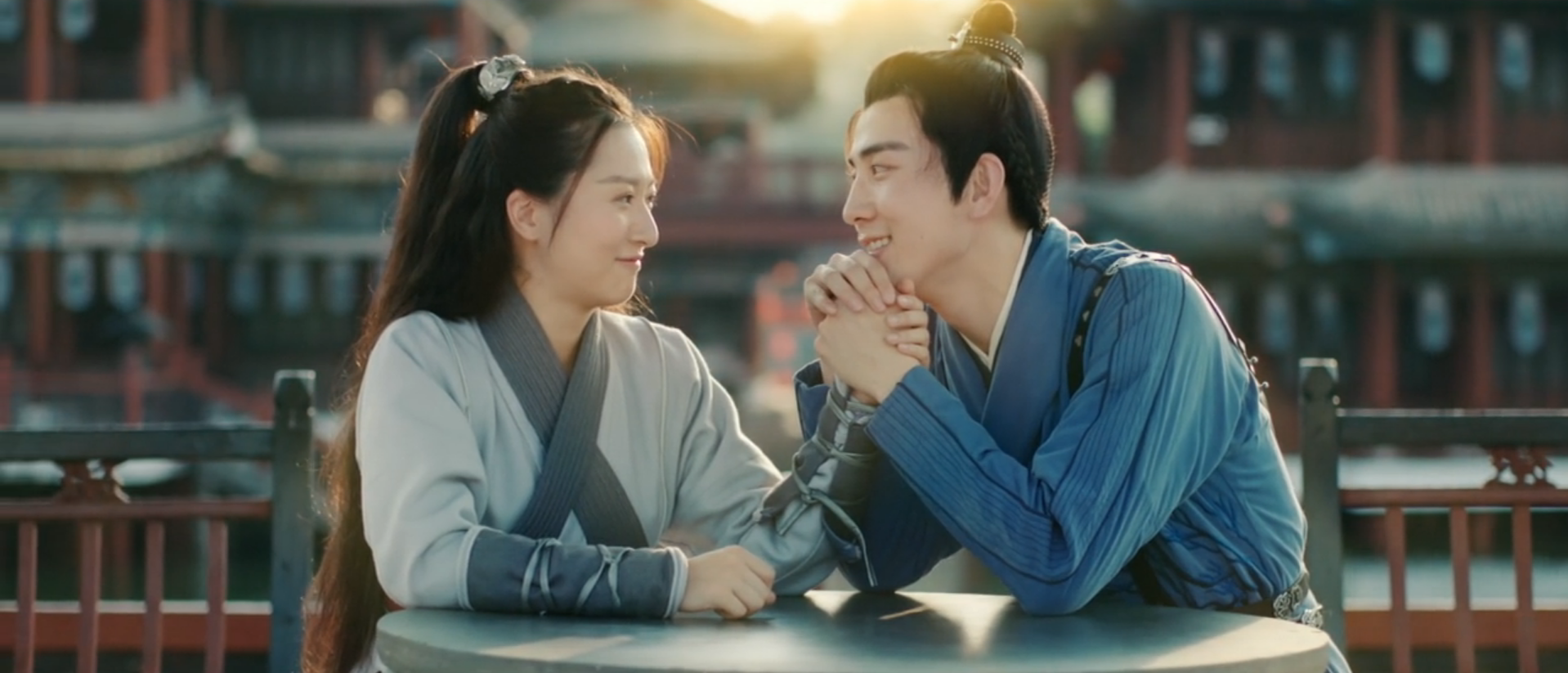Beyond the veils: Direct exploration of love and carnal pleasure in Chinese Literature.

Chinese literature, strong in its traditions and refinement, has often navigated the complex waters of love and desire through the prism of metaphor and allusion. However, certain voices and some works ventured into less conventional territories, offering more direct, even audacious for their time, insights into carnal pleasures and intimacy. By examining Li Yu (李漁, 1610-1680) and looking at excerpts such as that from the Jin Ping Mei (金瓶梅), one can appreciate a shift towards a less veiled representation of sensuality in the Chinese literary landscape. Li Yu, although primarily known for his novels and plays, embodies a spirit that departs from traditional literary conventions in his exploration of love and desire. His most famous work, The Carnal Prayer Mat (a free translation of "肉蒲团"), whilst a work of fiction, depicts sensual experiences and desires with a frankness that was remarkable for its time. Here, his writings focus on physical sensations and the intensity of carnal emotions in a less allusive manner than is often found in classical Chinese poetry. This focus on immediate sensory experience, even if it doesn't reach the explicit in the modern sense, marks a break with more idealised or symbolic descriptions of love. Li Yu, operating in a context of social and cultural changes at the end of the Ming Dynasty, reflects a new sensibility that dares to explore aspects of human experience previously less openly represented. To illustrate another facet of this more direct exploration, let's consider an excerpt from Golden Lotus (a free translation of "金瓶梅"), a novel from the same period, of which Chapter 27 offers us a significant example:
西門慶一手摟過那婦人,一手便去解那婦人的裙帶。那婦人慌忙用手按住他的手,說道:「我的爺,您且慢著,這屋裡人多著呢。」西門慶笑道:「怕什麼!人都睡下了。」一面說著,一面越發摟得緊了。那婦人被他摟得緊緊的,一雙纖細的手臂推拒不了,嘴裡便低聲說道:「我的爺!您今日可真性急呢!」
Translation: Ximen Qing, with one hand, pulled the woman close to him, and with the other, set about untying the belt of her skirt. The woman, panicking, pressed her hand onto his, saying: "My lord, please wait a moment, there are many people in this house." Ximen Qing laughed and said: "What does it matter! Everyone's asleep." All the while speaking, he held her even tighter. The woman, held so closely by him, couldn't push away his delicate arms, and her mouth murmured: "My lord! You are ever so impatient today!"
This excerpt stands out due to its depiction of a physical interaction and palpable desire. In contrast to poetic allusions, the novel presents a direct action: the man attempting to undo the woman's clothing, and a physical and verbal reaction from her. The dialogue, though concise, is loaded with subtext and reveals an immediate sexual tension. For the time, such a raw portrayal of a seduction attempt, even without salacious details, was considered daring and contributed to the work's controversial reputation. The novel, by focusing on daily life and human interactions in a detailed manner, including sensual aspects, offers a less idealised and more down-to-earth perspective on love and desire than was usually found in more formal literature. It's crucial to note that the social and literary context of Imperial China placed considerable limits on the explicit expression of sexuality. Literary conventions favoured restraint and allegory, while Confucian values encouraged modesty and morality. Thus, even passages we consider relatively direct must be interpreted in light of these constraints. Works like The Carnal Prayer Mat and Golden Lotus marked a certain evolution by venturing closer to a representation of carnal pleasures, but they don't align with the modern notion of the explicit.
EmbunRoseDH.
